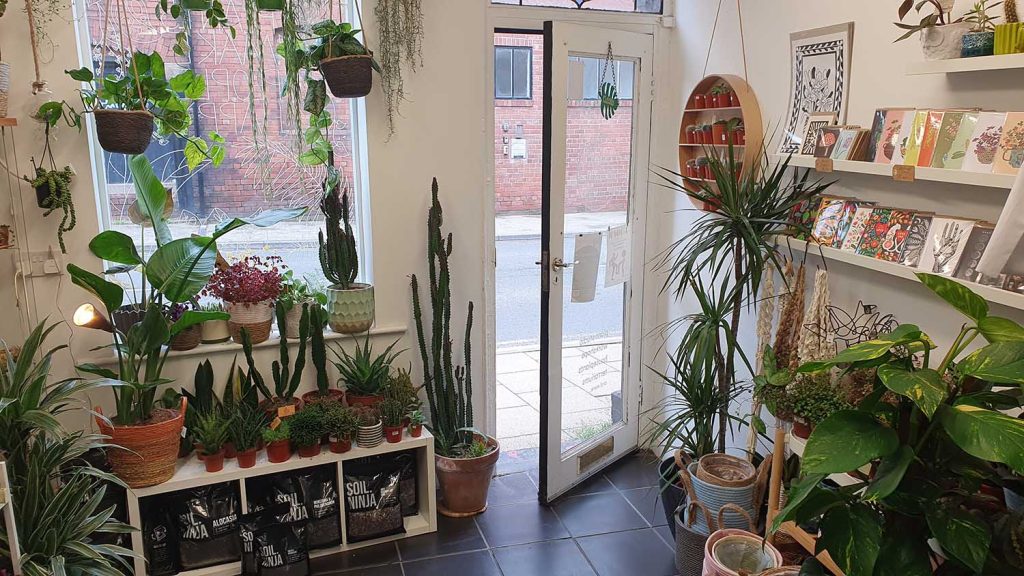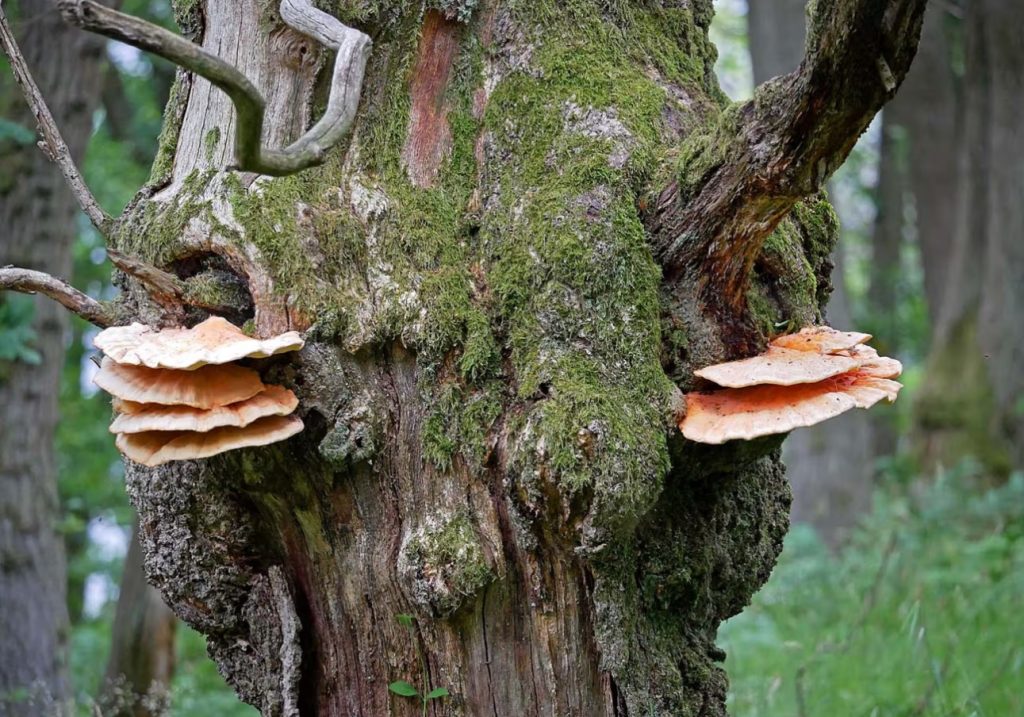Building Bridges

Once she was alive, growing tall and thin, her body bending in the wind as though she could never break. She was like water, her leaves sounding like a rushing brook on a clear, clear day. She creaked at the joints as she swayed in the wind, moving, filling the air with her sweet sounds. If you listened closely, you could hear the scampering of tiny critters running up and down her hollow cavity. Her willowy form was their home and she protected them and their families. She was treasured; she was useful; she stood tall and strong. Then she died and was reincarnated into something static but beautiful; into something useful, special and personal.
This little bamboo workshop was a celebration of her life and her death. A place you could go alone or with others, to make something wonderful. The roof was made of bamboo stems, cut longitudinally and arranged in a way that reminded me of the smooth ripples in a pond. It was perched delicately on three window-walls and a solid wall with an impressive tool display. This arrangement gave a panoramic view of the surrounding wooded terrain and the feeling of being connected with the lush landscape. It was furnished with simple worktables, whose markings and stains held the stories of the pieces made there over the years. The room was brought to life by the steady humming of tools and the energy of ideas and creativity.
My sister and I had been here countless times. It was our refuge, a place where we could explore ideas, make mistakes and learn from others. This made us feel both liberated and firmly grounded within our community. As children, we would come up with new designs, then spend hours working side by side in companionable silence. At the end of the day we would have a table, chair, flowerpot – anything we needed was just an idea away.
We were best friends growing up, sharing the joys and pains of childhood and adolescence. We shared books, clothes, food, memories, hardships and trauma. We were each other’s keepers during our parents’ separation and divorce, which brought us even closer together. Over the years we carefully constructed a precious little world for two. We were allies. And then, gradually, things changed. We followed different career paths and developed opposing views on almost everything. At first this enhanced our conversations, as we could have heated debates for hours and laugh even as we disagreed. Eventually, things became more strained by seemingly little things. She disliked my friends and I disliked her partner. I disliked the way she spoke to our mother and she disliked my ‘stubbornness’ and ‘inflexibility’ and how irresponsible I was with money. I didn’t agree with her parenting style, the way she gave her children things instead of spending time with them. She argued that I wasn’t a parent and therefore could not understand. Eventually, the solution became clear: if we spoke less, we would argue less.
We’re supposed to be meeting in this familiar workshop today. This time, however, is different because we haven’t really spoken for years. She called one morning, explaining that she would be passing through town briefly for a work meeting. ‘We should meet up.’ The suggestion seemed so casual, but I knew my sister well. I recognized the upward inflection that, for her, indicated tension. ‘Okay,’ I answered. It was as simple as that. In a three-minute conversation, we decided to end years of estrangement.
I love her so deeply and yet it seemed like we had no words left between us, like there was nothing left to be said. I can’t confidently say what started this divide – only that the divide has been growing completely out of control, the way bamboo sometimes grows, fast and consuming. The divide consumed all the words we had left to say to each other, the same way bamboo consumes the landscape if left unchecked, or the way fire licks at the sides of the bamboo root when you light it. It becomes uncontrollable – out of your element and into theirs. I’m not sure when it happened, but I think there was a moment when we both let go. A moment when we both stopped trying.
Earlier today I was so nervous about her arrival. I could feel the prickle of nervous sweat moisten my palms in anticipation. My heart leapt at each figure turning the corner. What could I say to her? What could this day spent together possibly change? Why were we even doing this? Our problems seemed so much more tolerable when they were ignored. Sweeping them under the rug made everything seem more tidy. We were disturbing the familiar order of things, letting out all the dust and filth, and it felt almost unbearable. Seeing her face as she approached didn’t bring me any clarity. I looked at her and was overcome by peculiar emotions that I couldn’t quite place. It was a strange combination of relief and apprehension. The relief made me exhale audibly through pursed lips, unaware that I was holding my breath. The apprehension prevented me from reaching out to her, and I had to stop myself from taking an instinctive step backwards. She was an oddity, familiar and strange in equal measure. A faint smile touched her lips when she saw me. I shrugged involuntarily as I smiled back at her.
Now, as we sit in this familiar workshop, shoulder to shoulder, moving our tools, I feel no pressure to discuss our issues. We’re making something complex today, solar-powered bamboo scooters, and my mind is focused on the task. There’s something deeply therapeutic about making things with your hands: it requires only thoughts and action. No words are necessary unless you choose to speak. Within the comfort of this light, easy workspace, we decided to speak, sharing design ideas and discussing the technical aspects of our work. These words flowed easily. It reminded me of a time when our words always flowed easily, falling on ears eager to listen.
As we worked, side by side, it occurred to me that building this scooter was the first step to rebuilding the bond we once shared. Over the years we’ve neglected it, leaving it to become overrun with weeds because tending to it seemed too difficult and inconvenient. As we honour the bamboo’s life, transforming her into something useful, it feels like we’re also transforming our relationship. We’ve picked it up, tentatively brushing away the dirty spots, and finally allowed it to breathe.




